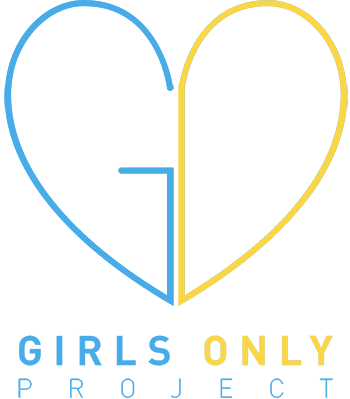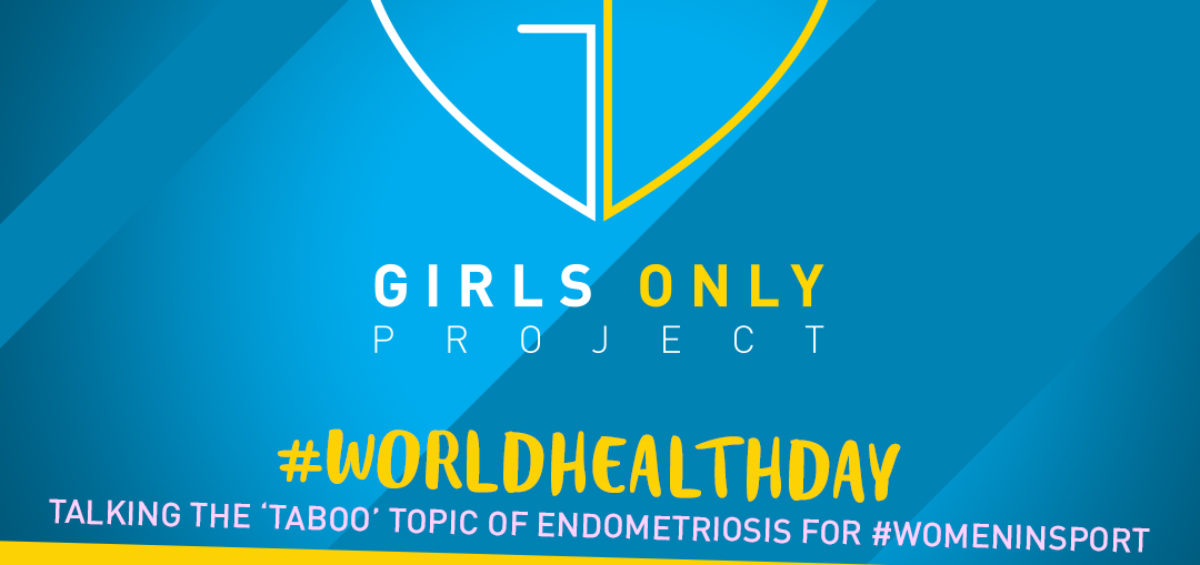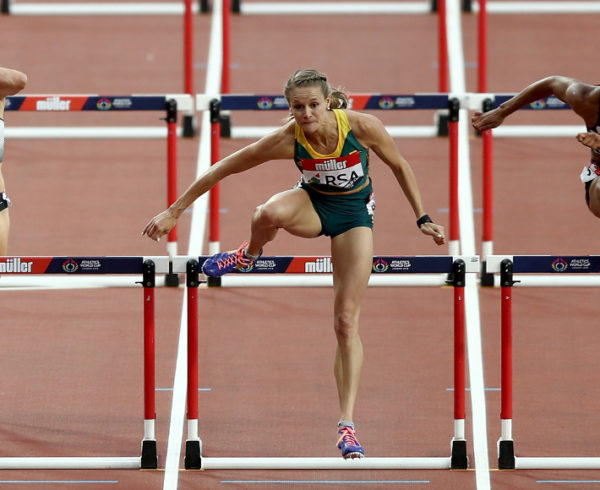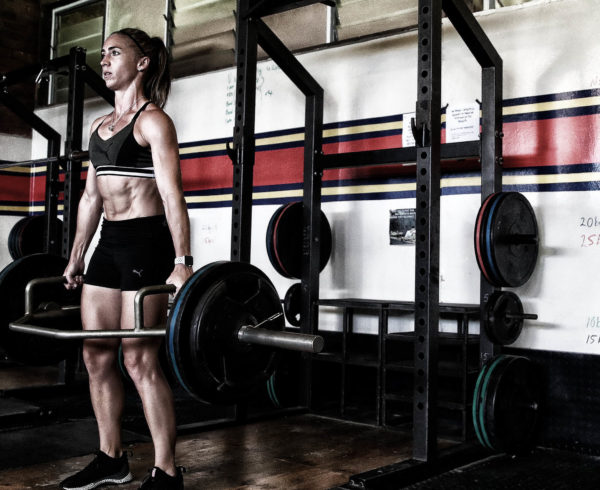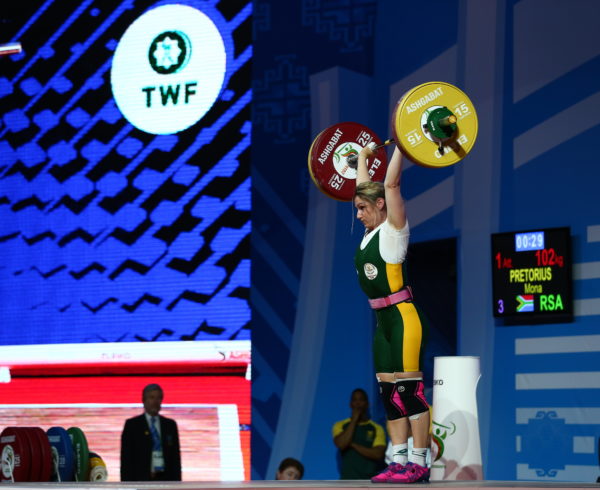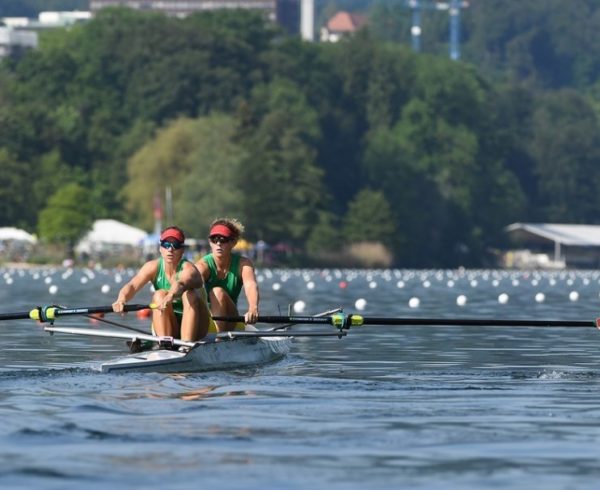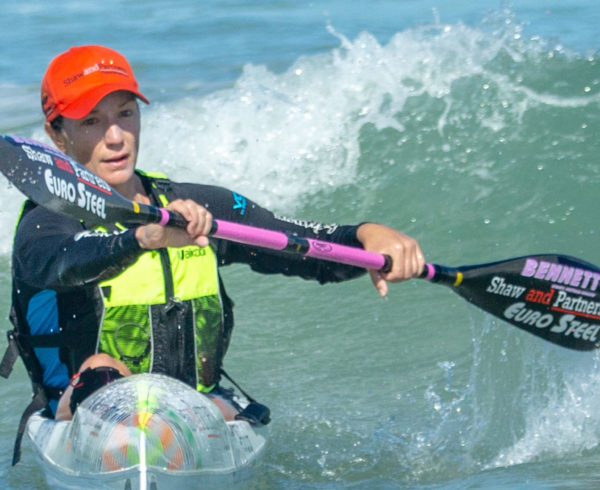#WorldHealthDay is upon us, and so what better time to confront those “uncomfortable” conversations around women’s health in sport that are often only talked about in hushed, whispered tones. Probably one of the most avoided topics when it comes to women in sport is periods – so today we want to tackle the issue of endometriosis. Most women have experienced period pains at one point in their life, but for 1 in 9 of us, the pain can be debilitating. As Australian Olympic gold medalist, swimmer Emily Seebohm says, “you’ve still got to go out there and put on a brave face and pretend like everything’s fine when most of the time I feel like I’m dying on the inside”.
Endometriosis refers to a disease where tissue, similar to the lining of the uterus, grows outside of the uterus causing several symptoms including excruciating pain, extreme fatigue and mood swings, heavy or irregular periods and in some cases infertility.
Considering how common it is, it is frightening how little education there is about this disease, and how it can affect women in sport. This is partly because with the large spectrum of symptoms associated with endometriosis, it can take a long time to diagnose it correctly; but also, as women we are taught to expect pain or discomfort around our periods every month, which means we tend to just suck it up and think what we are experiencing is normal. Emily Seebohm, who was eventually diagnosed with endo after eight years from the time she realized she needed help, said “apart from the irregular cycles, I thought everything I was feeling was normal. I thought that what I was feeling was what everyone else feels every month”. It is difficult to ignore our instincts that something is wrong with us when doctors are telling us there are no physical signs of any issues. But we know what our body feels better than anyone and, as a sportswoman myself, I can say that athletes in particular know when their bodies are not performing optimally and when there is something off. Do not ignore those instincts.
So why is education and awareness about this disease important? Well, as Olympic champion and world record holder, Welsh cyclist Elinor Barker disclosed recently, she often had to miss training sessions and drop out of competitions because the pain was so severe. Not being able to train and compete to the best of your ability has a huge impact on an athlete. For instance, having endometriosis could mean the difference between being selected for a team or being seen as a liability, being able to stay in your profession or having sponsors drop you, backing yourself and having a clear head or doubting your abilities. Barker was only diagnosed with endometriosis by a female doctor after seeing several male doctors for four years, all the while trying to put on a brave face for her coaches and push through the pain so as not to seem like a costly member of the team.
Unfortunately, the only way to accurately diagnose and treat endometriosis is through surgery, which may leave athletes unable to train for weeks on end. Both Barker and Seebohm report resisting surgery until after their competitions for this reason, forcing them to race and compete in often crippling pain.
If these women were not tough enough for having to train and compete through this pain, they must also face a challenging mental battle. Professional athletes are seen as mentally and physically tough “superhumans”, and have immense pressure put on them by the public to live up to this façade. Which is why Seebohm opted not to speak about her endo in any interviews preceding or even directly after her Rio 2016 Olympic swims, for fear of people thinking she was making excuses for the way she swam (before she had even swum). Although Seebohm was reigning world champion and a clear favorite to win gold at the Rio Olympics in 2016, she just missed a podium finish in the 100m backstroke and did not make the final in the 200m swim. Seebohm did take home the silver medal in the 4X100m medley relay, yet still felt that she needed to wait until the end of the 2016 year to speak out about her incurable disease as she didn’t want to blame her swimming performance on her endometriosis.
Furthermore, Barker also felt the need to cover up the truth about having to retire from the 2018 Track Cycling World Championships Madison event, which is a relay race event in track cycling, due to the pain caused by her endo. She claimed she had hurt herself badly in a crash before the event as it seemed like a more legitimate reason for pulling out of the race, stating “when you’re surrounded by men, you have to give the reasons that fit”.
We need to educate athletes and coaches about endometriosis, and rather than seeing the topic of periods and women’s health as something embarrassing and shameful, we need to understand the very real impact it does have in order to better help and support athletes. Seebohm leaves us with some reassuring worlds, “anything is possible – you’ve just got to be prepared”. It is through brave athletes like her and Barker that we can draw inspiration to have discussions around topics like endo to help others who may be suffering from this disease. So, we encourage you to start the conversation about periods and endometriosis in your circle of friends to help build awareness around the effect that these things can have on the lives of women in sport.
Written by: Christie MacKenzie
References:
https://www.theguardian.com/commentisfree/2017/mar/19/emily-seebohm-i-won-olympic-golds-with-endometriosis-anything-is-possible
https://www.bbc.com/sport/56276626
